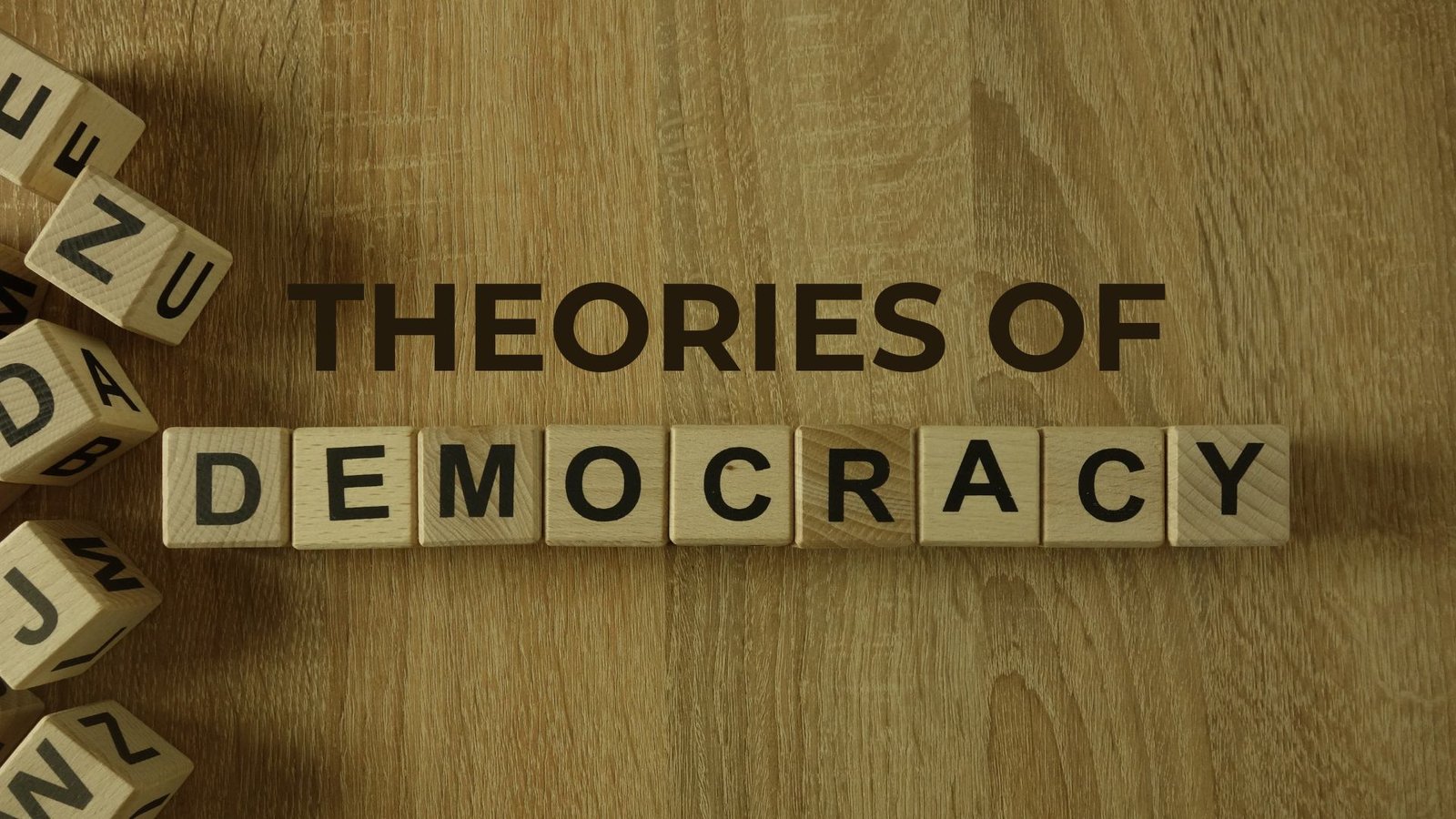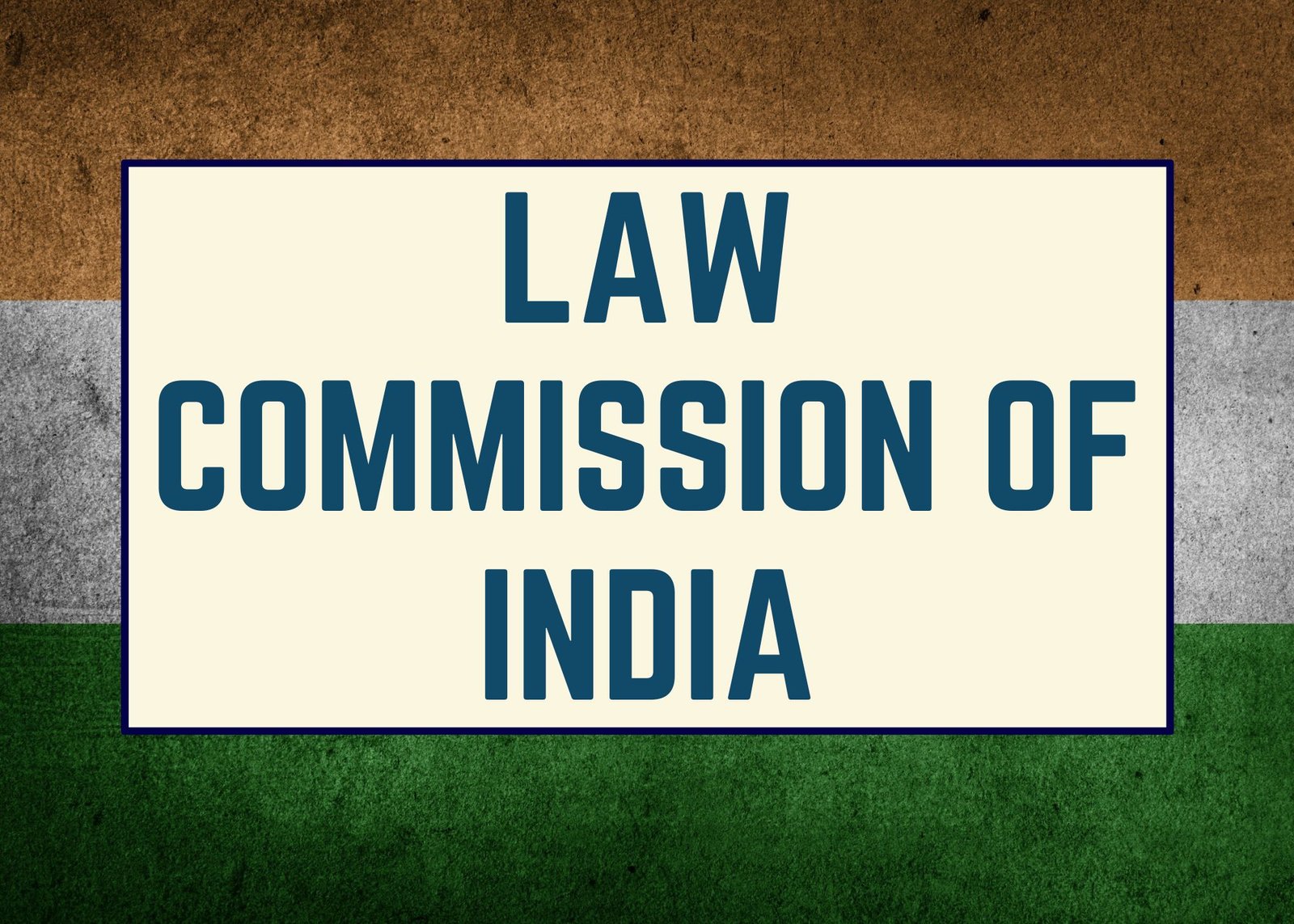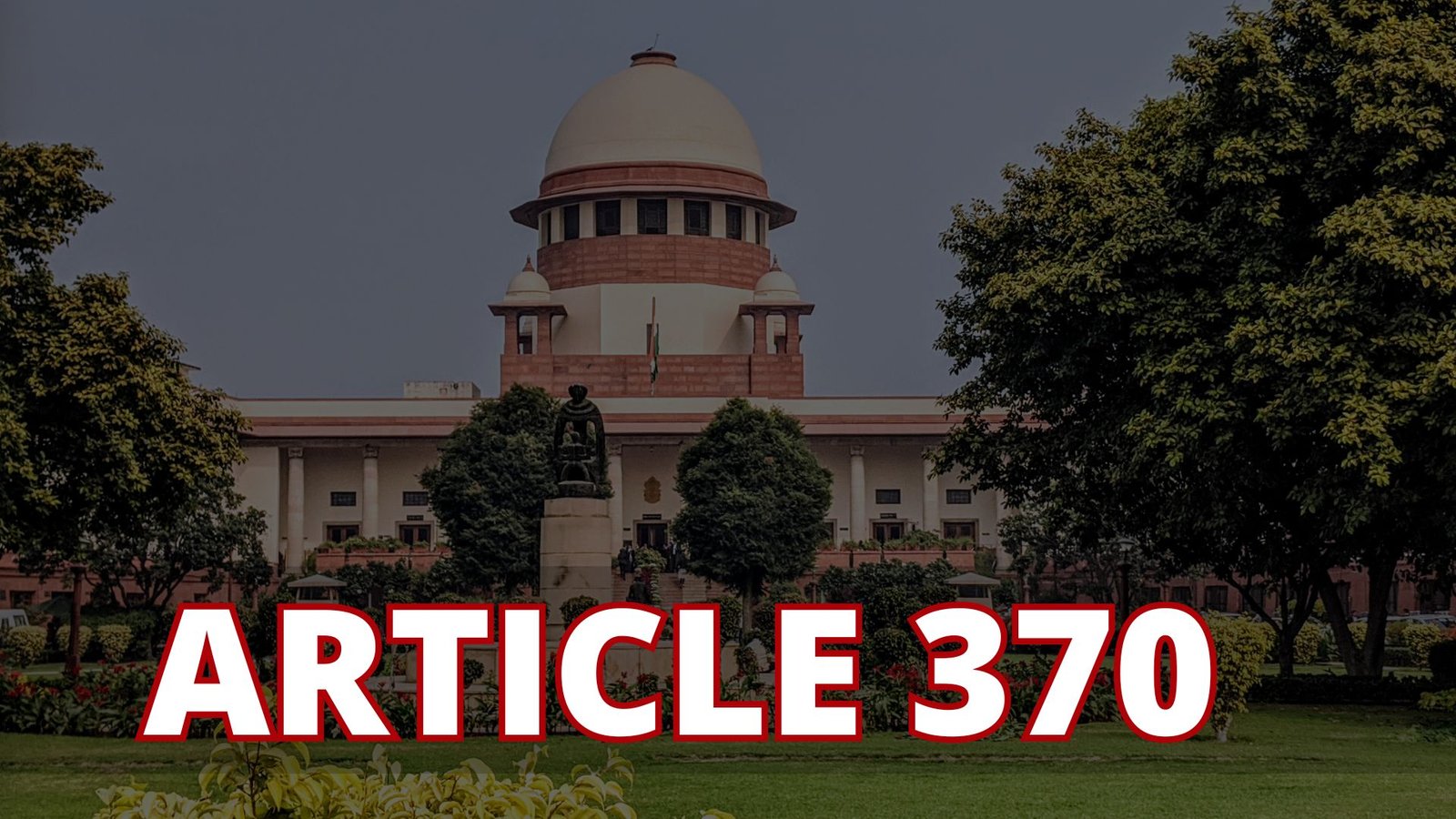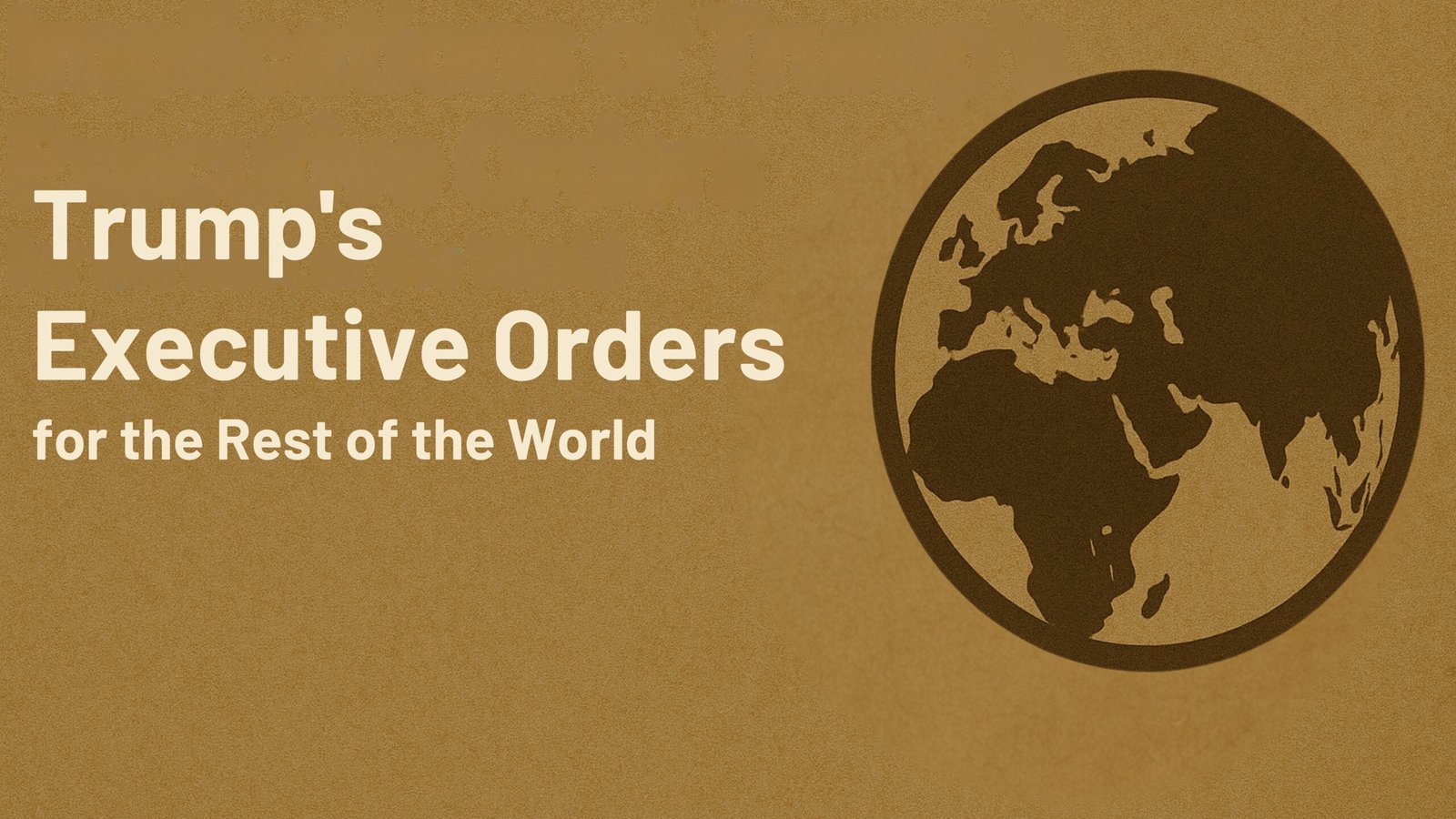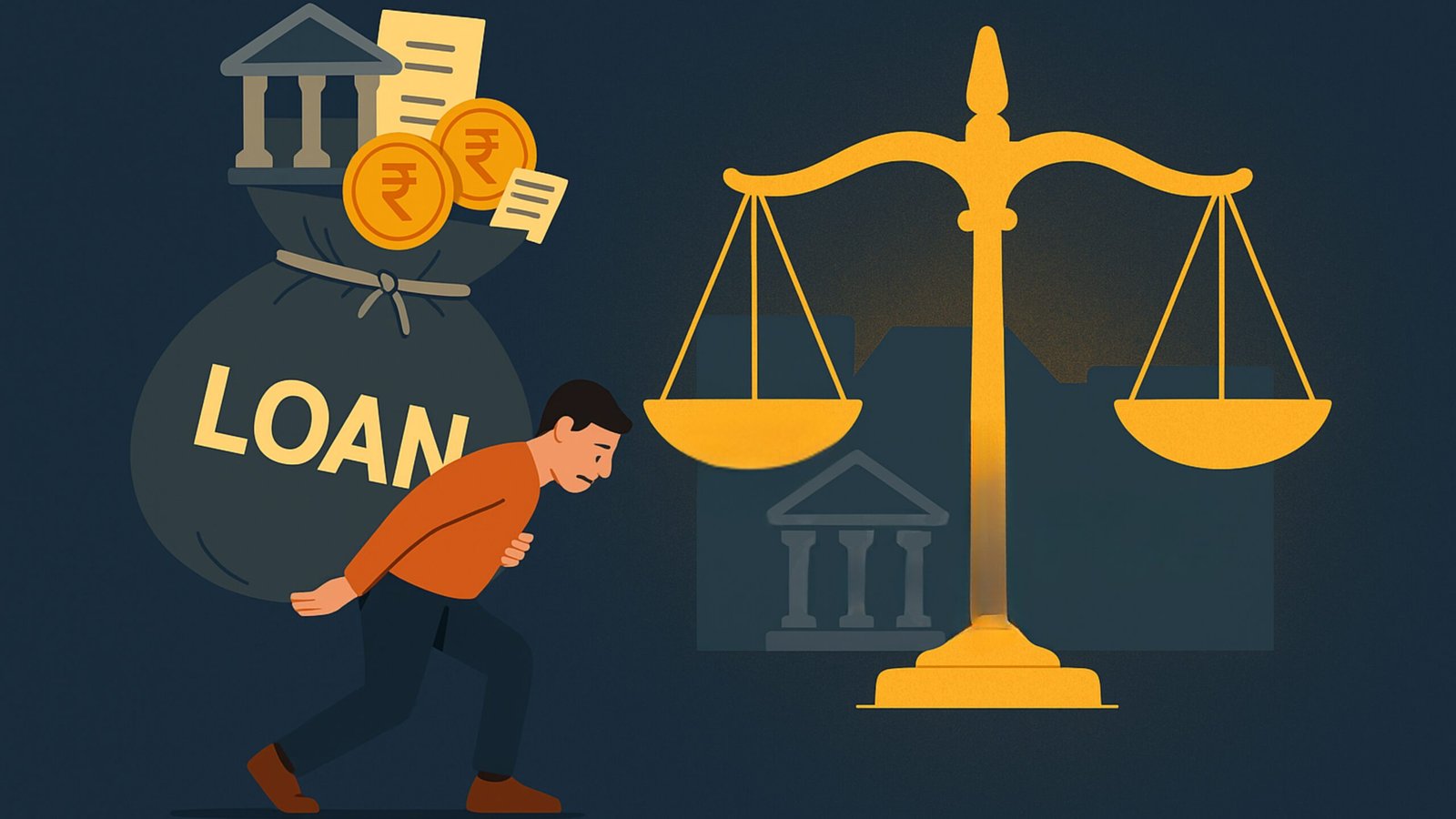On this page you will read detailed information about Theories of Democracy.
As citizens of democratic societies, we value the principles of democracy that govern our political systems. However, democracy takes many forms and has been defined and interpreted in various ways by political theorists. To fully understand modern democracies, it is instructive to examine some of the seminal theories of democracy that have shaped political thought. In this article, we will explore some of the most influential theories of democracy, including the classical democratic theory of Athenian democracy, the liberal democratic theory of John Locke, and the deliberative democratic theory of Jurgen Habermas. By analyzing these theories, we gain a deeper appreciation for the evolution and current state of democracies around the world.
What Is Democracy? Defining the Concept
Democracy is a system of government in which power is vested in the people, who rule either directly or through freely elected representatives. In a democracy, the authority of the government is created by the people it governs.
Essential Elements of Democracy
There are a few essential elements to a democratic system of government:
- Free and fair elections: Citizens have the right to vote in frequent, meaningful elections to choose their political leaders and representatives. Elections are conducted fairly and freely without corruption or voter intimidation.
-Majority rule and minority rights: The will of the majority prevails in a democracy, but the rights of minorities are protected. The interests of minorities are considered and represented in the political process.
-Separation of powers: Power is divided among separate branches of government (executive, legislative, judicial) to prevent any one person or group from becoming too powerful. Each branch checks and balances the power of the other branches.
-Rule of law: Both the government and citizens are bound by the law. The rule of law means that no one is above the law, including those in positions of power. Laws apply equally to all people.
- Freedom of speech and expression: Citizens have the right to express their opinions freely without government censorship or punishment. A free press and media are able to operate without government interference.
To summarize, democracy is based on principles like equality, freedom, majority rule, and minority rights. At its core, democracy is a form of government that gives power to citizens, protects civil liberties and human rights, separates and limits power, and allows for the free and fair election of leaders and representatives. When practiced well, democracy can lead to security, economic opportunity, freedom, and peace.
Pluralist Theory of Democracy
The pluralist theory of democracy emphasizes the role of diverse interest groups in policymaking. Pluralists believe that power is distributed among many groups in a society, not concentrated in the hands of a few. These groups represent the interests of citizens and compete to influence government policy. According to pluralists, this competition prevents any single group from controlling the government and leads to compromise and moderation.
Pluralists argue that interest groups provide an outlet for citizens to participate in politics in a meaningful way. By joining groups, individuals can make their voices heard and work together to shape laws and policies. Pluralists point out that interest groups represent a diverse range of interests within a society. Some groups lobby on behalf of business interests, while others advocate for environmental protections or civil rights.
In the previous post, we had shared information about Evaluating the Role of the Law Commission of India, so read that post also.
Critics argue that the pluralist theory ignores inequalities in the system. Some interest groups have more money, resources and connections than others, which gives them greater influence over policymakers. As a result, policy outcomes may favor powerful groups over weaker ones. Critics also argue that many groups do not actually represent citizens’ interests. Instead, they represent narrow corporate interests or the interests of a small number of elite individuals.
Despite these criticisms, pluralism remains an influential theory of democracy. At its core, pluralism conveys the democratic ideal that government policy should reflect the diverse interests of citizens in a society. The competition between interest groups is meant to give a voice to multiple interests and prevent any single interest from dominating. When functioning as intended, interest groups can strengthen democracy by providing an outlet for citizens to shape the laws and policies that affect them.
Elitist Theory of Democracy
The elitist theory of democracy suggests that democracy is controlled by a small group of political and economic elites. According to this view, the elites are able to manipulate the political process and public opinion through their disproportionate access to resources and means of influence.
Concentration of Power
In an elitist democracy, power is concentrated in the hands of a few wealthy and influential groups. These elite groups are able to shape politics and policymaking through large campaign contributions, lobbying elected officials, and influencing public opinion through media ownership. The elites are not representative of the general public, but they are able to determine who gets elected and what policies are adopted.
Shaping Public Opinion
The elites are also able to shape public attitudes and opinions through their control and influence over the media, education system, and other means of shaping culture. By controlling the spread of information and ideas, the elites can manipulate what issues and policies the public finds important and sway public support in their favor. The general public is unable to participate meaningfully in the democratic process and their views are shaped more by elite propaganda than by free and open debate.
Lack of Meaningful Choice
For the elitist theorists, regular elections are not enough to qualify a system as a true democracy. Although there may be the appearance of choice, in reality the options presented to voters are limited to those that serve elite interests. The elites are able to preselect candidates and limit debate in a way that prevents alternative views and policies that may threaten their power and influence. Elections become more about personality and image than real policy differences.
In summary, the elitist theory argues that Western democracies are dominated by a small group of political and economic elites whose power and influence undermine the meaningful participation of citizens. Although democratic in appearance, real power rests in the hands of self-serving elite groups rather than with the people. Overall, elitists take a rather pessimistic view of the realities of representative democracy.
Marxist Theory of Democracy
The Marxist theory of democracy argues that democracy cannot exist in a capitalist system. Capitalism, according to Marxists, concentrates wealth and power in the hands of a few, leading to the exploitation of the working class. For democracy to be achieved, capitalism must be replaced with socialism, where the means of production are collectively owned and economic inequality is eradicated.
Under capitalism, a small bourgeoisie elite owns the means of production and exploits the proletariat, who sell their labor for wages. This inherent class conflict and unequal distribution of power mean that any democratic institutions are dominated by the interests of the elite. The state apparatus also protects the property rights of the bourgeoisie, further entrenching their power.
True democracy, for Marxists, can only be achieved under socialism where the means of production are owned collectively. With the elimination of the class system, socialism allows for both political and economic equality. Decisions can be made to benefit society as a whole rather than further enriching the elite. The interests of the community are prioritized over the interests of any one class.
Marxists argue democracy must have an economic as well as a political dimension. Political rights and civil liberties are meaningless if there are vast inequalities of wealth and income. Under socialism, all members of society would have equal access to resources and opportunities to participate in decision making. Democracy is not just about voting in elections but having agency and control over one’s life circumstances.
The Marxist theory of democracy provides a critique of liberal democracy and envisions an alternative based on public ownership of property and economic equality. For Marxists, democracy cannot be separated from economics. It requires a socialist system where the means of production are owned collectively and class conflict is abolished. Under capitalism, democracy will always remain dominated by the elite and fail to serve the interests of the entire community. Overall, the Marxist vision of democracy is one fundamentally at odds with liberal capitalist society.
Deliberative Democracy Theory
The deliberative democracy theory emphasizes the role of public deliberation and active citizen participation in the democratic process. Proposed by theorists such as Jürgen Habermas and John Rawls, this theory argues that legitimate lawmaking comes from the public deliberation of citizens.
Deliberative democracy aims to arrive at a rational consensus through open and informed debate among citizens. It holds that citizens should discuss and debate political issues and policy options before voting or decision making. Through respectful and open dialogue, citizens can understand different perspectives, find common ground, and make compromises. The goal is to make decisions that respect a diversity of viewpoints and benefit the public good.
Some key principles of deliberative democracy include:
- Informed and educative debate. Citizens are given accurate and objective information about issues and policy options to make well-informed decisions. Open debate also educates citizens about diverse perspectives.
- Reasoned and respectful dialogue. Discussions should be based on reason and evidence, not personal attacks. Participants listen to different viewpoints with an open mind and treat others with courtesy and respect.
- Consensus-seeking. The goal is to find common ground and compromise, not win arguments. Deliberation aims to build consensus and make decisions that most or all can agree on.
- Equal participation. All citizens get an equal opportunity to participate, voice their opinions, and shape decisions. Inequalities that restrict some groups are addressed to allow broad participation.
- Willingness to compromise. Participants are open to reconsidering their views and willing to modify their positions to reach a mutually agreeable solution. Fixed or extreme positions are avoided.
When implemented well, deliberative democracy can lead to more legitimate, just, and wise decisions supported by an engaged and empowered public. However, its requirements of active participation, in-depth debate, and achieving consensus also pose significant challenges.
Conclusion
In summary, there are several prevailing theories of democracy, each with its own vision for how democracy should operate and be structured. As citizens of a democratic society, it is important to understand these theories in order to make informed choices about the kind of democracy we want to see in our communities and governance. Democracy is not a static concept but an evolving ideal that requires civic participation to reach its full potential. By educating yourself on the theories of democracy, you empower yourself to shape democracy in a direction that aligns with your values. Democracy begins with you.
Disclaimer
The information and services on this website are not intended to and shall not be used as legal advice. You should consult a Legal Professional for any legal or solicited advice. While we have good faith and our own independent research to every information listed on the website and do our best to ensure that the data provided is accurate. However, we do not guarantee the information provided is accurate and make no representation or warranty of any kind, express or implied, regarding the accuracy, adequacy, validity, reliability, availability, or completeness of any information on the Site. UNDER NO CIRCUMSTANCES SHALL WE HAVE ANY LIABILITY TO YOU FOR ANY LOSS OR DAMAGE OF ANY KIND INCURRED AS A RESULT OR RELIANCE ON ANY INFORMATION PROVIDED ON THE SITE. YOUR USE OF THE SITE AND YOUR RELIANCE ON ANY INFORMATION ON THE SITE IS SOLELY AT YOUR OWN RISK. Comments on this website are the sole responsibility of their writers so the accuracy, completeness, veracity, honesty, factuality and politeness of comments are not guaranteed.
So friends, today we talked about Theories of Democracy, hope you liked our post.
If you liked the information about Theories of Democracy, then definitely share this article with your friends.
Knowing about laws can make you feel super smart ! If you find value in the content you may consider joining our not for profit Legal Community ! You can ask unlimited questions on WhatsApp and get answers. You can DM or send your name & number to 8208309918 on WhatsApp

